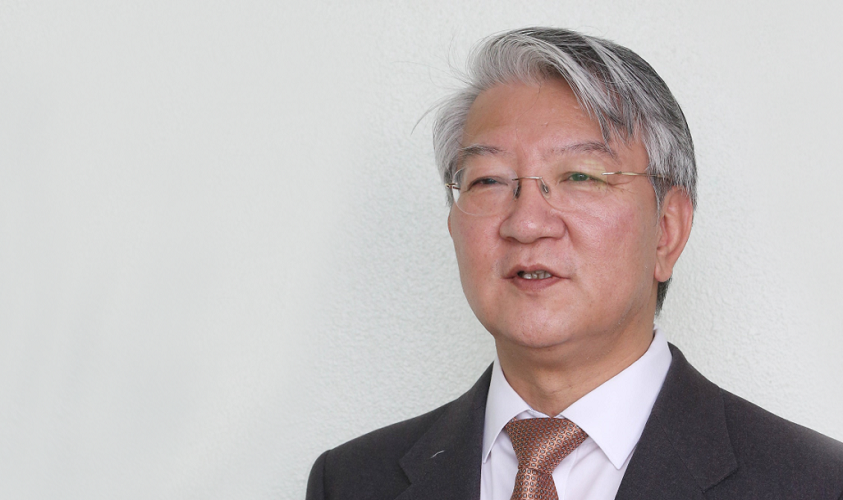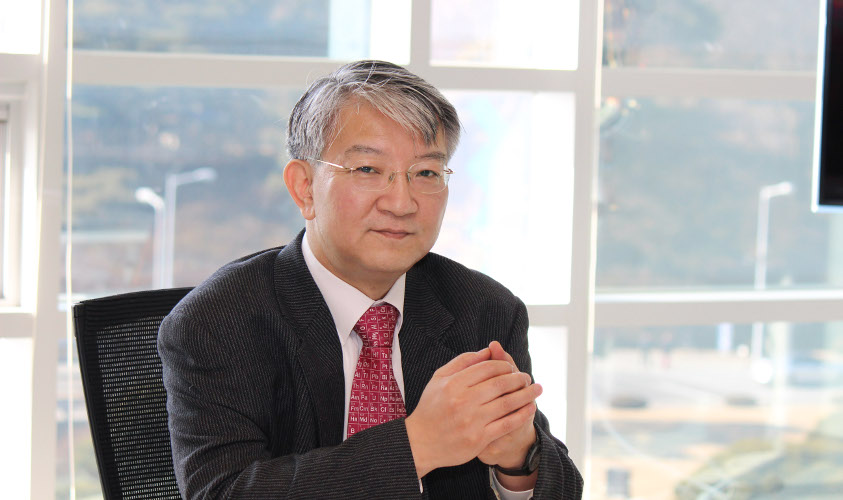
The Asian Scientist 100
Lee Sang Yup

Institution
Korea Advanced Institute of Science and Technology
Country
South Korea
Field
Engineering
Lee was elected as one of the two first-ever South Korean members of the Royal Society in the UK for his pioneering contributions to systems metabolic engineering.
(Photo: AlChe)
AWARDS
- Royal Society in the UK
Related articles
Painting The Rainbow With Engineered Bacteria
Using metabolic and membrane engineering, South Korean scientists produced seven natural rainbow colorants from engineered E. coli bacteria.
Fueling The Future
Green is the new black when it comes to meeting the world’s energy demands, and biofuels have a major role to play in securing a sustainable future.
Supercharging Bacterial Biofuel Production
Researchers in South Korea have developed a new strategy to efficiently produce fatty acids and biofuels from glucose.
Engineered Microbes Make ‘Essence Of Grape’
By optimizing the levels of an enzyme in bacteria strains, researchers in South Korea have found a way to produce grape flavoring without requiring toxic acid catalysts.
Asia’s Scientific Trailblazers: Lee Sang Yup
By tweaking the metabolic pathways of living organisms, Professor Lee Sang Yup is maximizing the synergy between biology and chemistry for the benefit of industry and society.
2019 Edition Of Asian Scientist 100 Announced
Each year, Asian Scientist Magazine highlights 100 outstanding thinkers and innovators from Asia who are pushing the envelope with their research.
Scientists Create ‘Google Map’ For Metabolic Engineering
A team of scientists in South Korea has created a comprehensive metabolic map of pathways for synthesizing industrial bio-based chemicals.
Lee Sang Yup Wins 2018 Eni Award
Lee was recognized for his work in metabolic engineering, which has resulted in the sustainable development of chemical products, fuels and non-food biomass materials.
Genome Of Industrial Microorganism Reveals High Tolerance Of Toxic Chemicals
Not only is Clostridium tyrobutyricum able to produce butyric acid, it is also has a higher tolerance to toxic 1-butanol than other bacterial strains.










